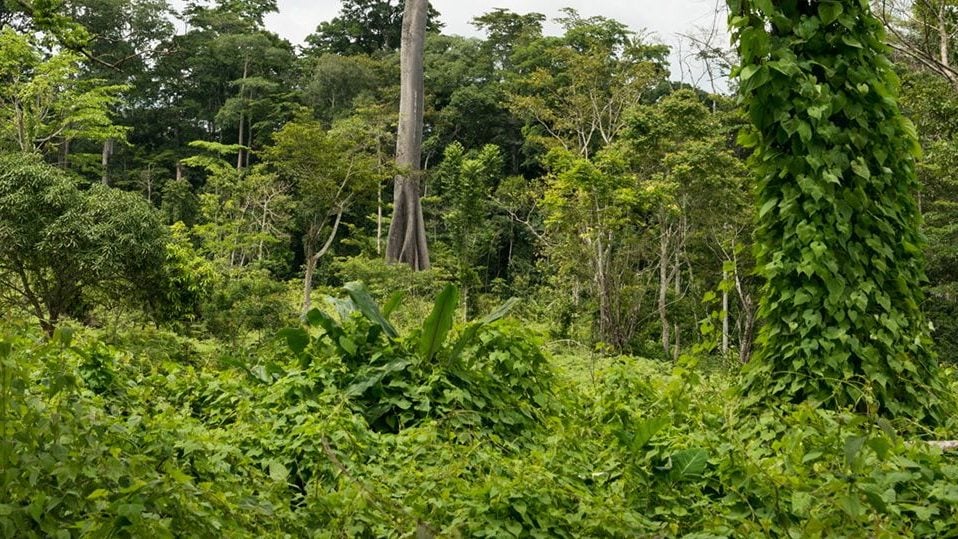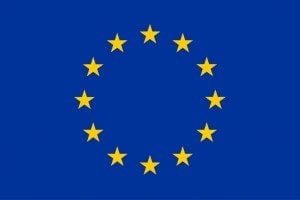
Empowering indigenous land rights defenders to prevent climate change
Duration: 1 January 2019 – 31 October 2022
Countries: Kenya, Democratic Republic of the Congo, Uganda, Cameroon
Communities: Various
What was this programme about?
This programme aimed to guarantee the protection of indigenous peoples’ rights to land and their role in conservation and the prevention of climate change in four East and Central African countries (Kenya, DRC, Uganda and Cameroon) by supporting indigenous land rights defenders, their communities and representative organizations working on land and natural resources-related rights. This programme brought together twelve indigenous communities across the four East and Central African countries. Its specific objective was to empower indigenous Land Rights Defenders (LRD) and their representative organizations to overcome the lack of access to judicial and non-judicial remedies and the non-recognition of the role of indigenous peoples in preventing climate change.
Why did we deliver this programme?
Indigenous peoples in Kenya, the Democratic Republic of the Congo, Uganda and Cameroon – and indeed, throughout Africa – share a similar and longstanding history of denial of their land rights and the natural resources within them. This is further compounded by human rights abuses meted out in the name of conservation. This, combined with the impacts of climate change, which has hit indigenous communities the hardest, has had a severe effect on their livelihoods – heavily based on land and natural resources. The poorest and most marginalized communities, indigenous peoples are consistently denied access to judicial and non-judicial mechanisms to challenge their situation and activists who, within indigenous communities seek to challenge such situations face serious reprisals and human rights violations.
Through this programme, MRG sought to highlight the correlation between securing land tenure for indigenous communities and positive conservation outcomes.
What did we do?
- Increase short and longer term capacities and protection of LRDs (50 per cent women) through:
- Tailored trainings on land rights, conservation standards as well as monitoring, evidence gathering and advocacy
- Improved collaboration between LRDs through networking and joint work at national and regional level (16 local networks set up with regular meetings, including regional meetings).
- Increased the number of land rights violations cases taken to existing international, regional and domestic judicial and non-judicial mechanisms and associated increase of access to remedies secured for victims by supported LRDs.
- Increased the commitment of at least 260 key stakeholders (including state actors such as judges, local authority representatives and non-state actors, such as organizations involved in climate change and conservation, and multi-nationals) from target countries to ensure the respect of the rights and standards LRDs are campaigning for in order to overcome impunity and secure access to remedies for victims.
Who were our partners?
- African Christian Ministry (AICM)
- Institut Environnement, Ressources Naturelles et Développement (ERND Institute)
- Kenya Human Rights Commission (KHRC)
- Réseau Camerounais des organisations des Droits de l’Homme (RECODH)
Who funded this programme?
This programme was funded by the European Union.
What did the external evaluation say?
The evaluation found substantive evidence that the programme improved the circumstances of targeted indigenous communities in Kenya, the DRC, Cameroon and Uganda. Despite challenges during implementation, particularly related to COVID-19, implementing partners and MRG demonstrated a strong capacity to adjust accordingly and pursue intended objectives with success.
The programme addressed long-standing issues related to human rights violations of minority and indigenous communities. It facilitated necessary capacity development targeting land rights defenders, judicial officers and law enforcement agencies. It brokered multi-stakeholder engagements that have led to better documentation and increased reporting of cases of land and human rights violations as well as harmonization of processes between land rights defenders and communities and the relevant duty bearers.
Indigenous communities showed an increased capacity to organize themselves and confront the government on various issues, outcome also linked to a notable change in their behaviour and attitudes towards government efforts and structures, showcasing agency and a more strategic approach in claiming their rights. Following sensitization and engagement activities, a paradigm shift was observed among judicial officers with regards to the way they perceive indigenous communities, also facilitating the prosecution of land rights cases fronted by indigenous communities. At the level of decision-makers, an increase in the knowledge and consciousness of the role of indigenous peoples in conservation and climate change adaptation was identified.
The evaluator’s recommendations included to leverage the influence and networks of the strong national partners engaged in the programme and explore collaborations with other organizations working on similar themes to enhance the scope and impact of interventions. They also recommended leveraging the influence of the funding agencies to enhance the effectiveness of advocacy efforts at national and regional levels, to consider exploring opportunities for long term funding to support interventions with longer implementation duration.
—

This content represents the views of Minority Rights Group only and is its sole responsibility. The European Union does not accept any responsibility for use that may be made of the information it contains.